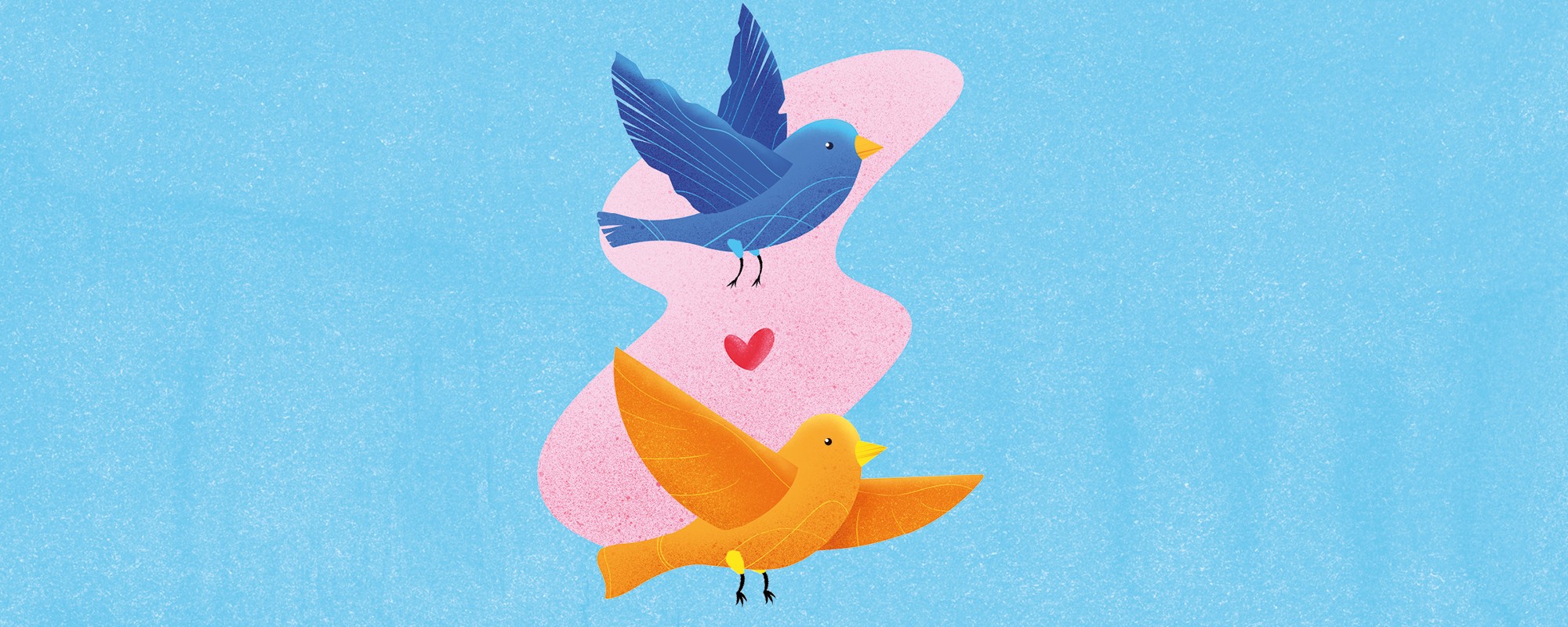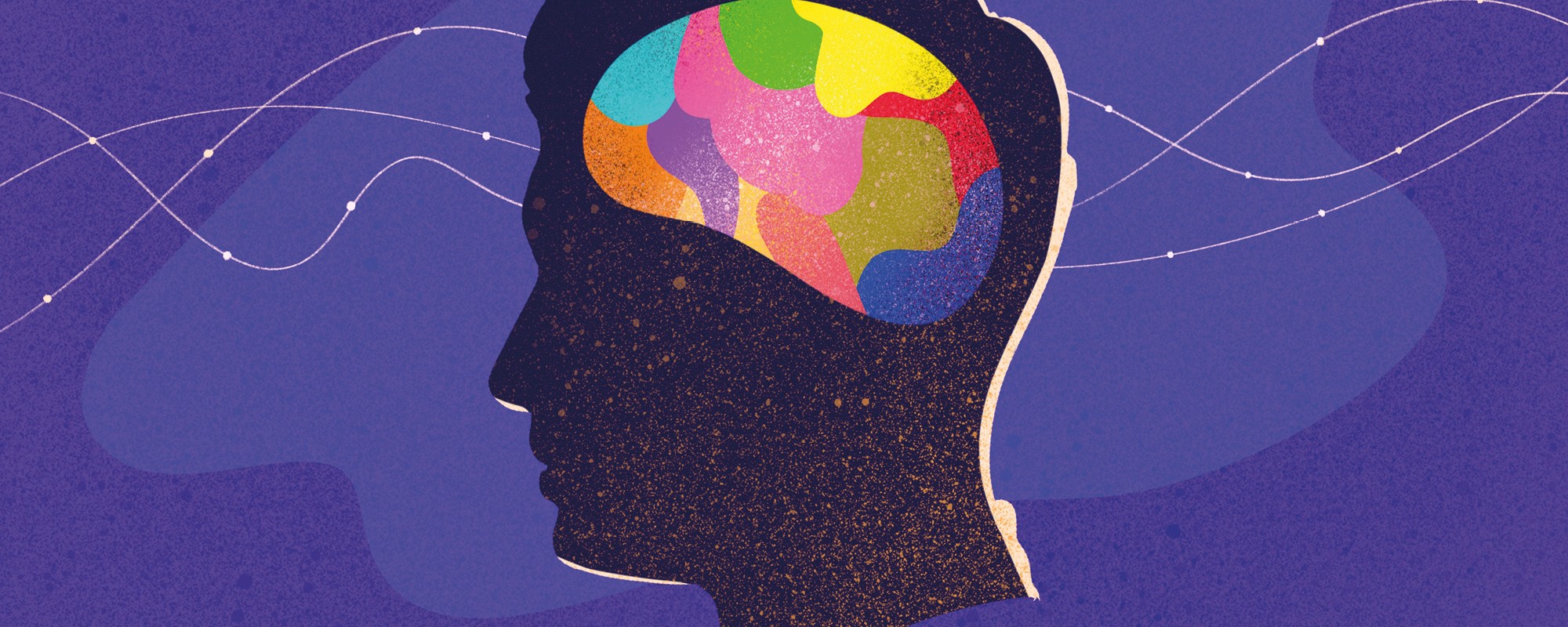Make cognitive science your agony aunt
If you need to rekindle romantic feelings, your decisions should be evidence-based. Lorna Muscat Baron writes.
Continue readingTraining to temper: Emotional learning for young people
Over the last decade, workaholics have been glorified as the epitome of success. Problem behaviour is increasingly framed as ‘interesting’ and ‘quirky’ by certain media. But as mental health and well-being capture public attention, Cassi Camilleri speaks to Prof. Carmel Cefai about his efforts to promote social and emotional learning for children and young people—skills for a lifetime.
Life is life, they say. Trial and error. You live and learn.
But how many times have you been frustrated with yourself because you ‘never learn’ from your mistakes?
How many times have you found yourself in a rough spot because deadlines are a dime a dozen and your to-do list is insurmountable? Your phone is ringing off the hook. All the people you have been ignoring are sending angry emails. You have not slept properly in days. All the while, you continue to dig your heels in, creating more issues with the people around you because you are so overwhelmed you cannot communicate like a decent human being. You are 40. Still think learning from experience is the only way you can go about this?
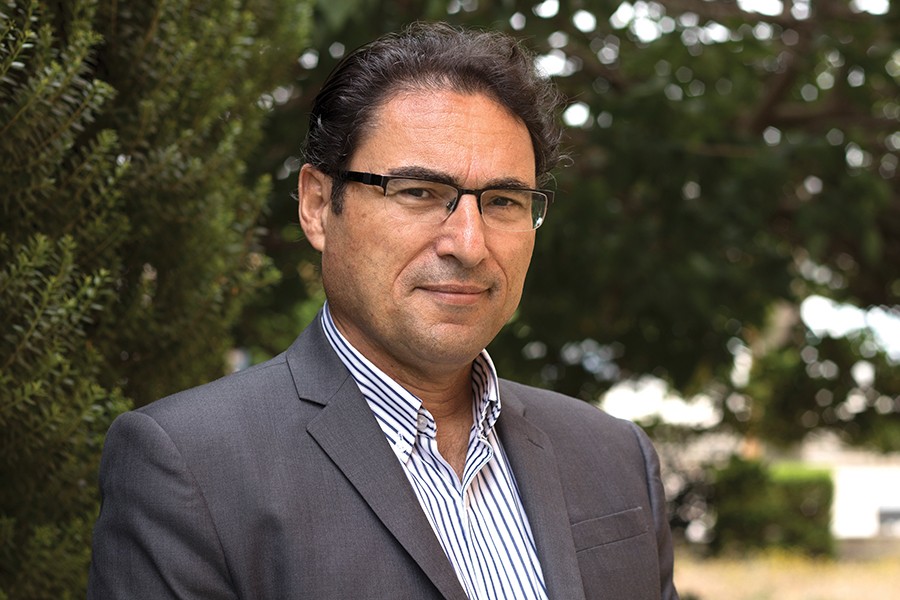
Human beings love patterns, routines. We love repeating what works. We also tend to repeat what doesn’t though, because change is hard. But solutions exist. At the University of Malta (UM), Prof. Carmel Cefai (Faculty for Social Wellbeing), is hard at work pushing for social and emotional education (SEE) to be promoted and strengthened at all levels in Malta and Gozo.
His appreciation for the importance of relationships and addressing students’ emotional needs in learning started over 40 years ago when Cefai was working as a primary school teacher. ‘Getting to know the students individually, what they like, what makes them tick, providing individual attention according to their needs, was an important part of the teaching process. When I was teaching at Qormi, on Monday mornings my students and I would talk about horse racing—which horse won which race that weekend? I learnt many of the horses’ names even if I wasn’t that interested in horse racing. But then during the week we ended up using horses as examples during class. It was a good and easy way to engage students.’
Cefai agrees that while overprotecting young people is counterproductive, students should have the skills to make informed choices, avoid taking too many unsubstantiated risks, and make some but not too many mistakes. ‘We do not need to experience highly stressful, painful, or traumatic experiences to learn or grow. The process of growth does not require that we become dependent on alcohol or drugs, engage in criminal behaviour, contemplate suicide or struggle with depression.’ Playing devil’s advocate, I say that such experiences provide their own brand of wisdom, but Cefai quickly retorts that whatever the takeaway may be, even if it is a positive: ‘the price paid is much too high.’
Where do we begin?
The majority of western culture, including Maltese, has a very particular problem when it comes to education—the whole process is vehemently geared towards academic achievement. There is a pervasive obsession with tests and grades. So the first thing we need to do, states Cefai, is move away from that. ‘Education is not just preparation for work. It’s also about the integration of cognitive, social, and emotional processes that make us human. If we provide an education based only on academic achievement, we will be shortchanging our children and depriving them from a good, quality preparation for adulthood,’ he says—the whole aim of education.
Rather than what kind of jobs people do, or what successful businesses need, as educators we need to ask: what kind of life would this child or young person be happy living?
SEE is the process by which an individual develops social and emotional competence through curricular, relational, and contextual approaches, skills that can be used for personal, social, and academic development. The concept already has a proven track record, Cefai notes. Where successfully implemented, SEE ‘has already brought about a paradigm shift in education, […] transforming it into a more meaningful, relevant, and humane process.’
Malta has come a long way already over the last few decades. Cefai remembers when, as a primary school teacher, he had tried to support a young school child with mental health difficulties who was not only ridiculed and bullied by the other children, but also shunned by adults because of his ‘odd’ behaviour. ‘The boy clearly needed help from specialised professionals,’ notes Cefai. ‘But he also needed to attend school and learn with people his age. The alternative was to stay at home, which he inevitably did because he was often absent.’ Thankfully, things worked out in the end. ‘With the help of the head of school and some professionals, we managed to make some inroads and his behaviour started to improve. But I remember back then struggling with lack of professionals, fragmented services, and rampant stigmatisation.’
The situation has continued to improve since then. Cefai promptly lists the good practices which are already in place. ‘We have Personal, Social, and Careers Education which has been in schools for years now. There have been various national initiatives promoting students’ well-being, all working to prevent school bullying and violence, early school leaving and absenteeism, as well as to promote inclusion in all shapes and forms. Many colleges and schools have also been engaged in various initiatives to promote social and emotional learning, such as Circle Time, Restorative Justice and Resilience building.’
Not only that, but Cefai himself has worked with colleagues at the UM to found the Centre for Resilience and Socio-Emotional Health at the University, as well as with European counterparts to set up the European Network for Social and Emotional Competence. ‘Our centre has been quite active over the years in providing training for school teachers in these areas, particularly in resilience development. We are also presently working with the Ministry on SEE training of practising staff in the early years,’ he adds. But there is still much more to be done…
Priorities
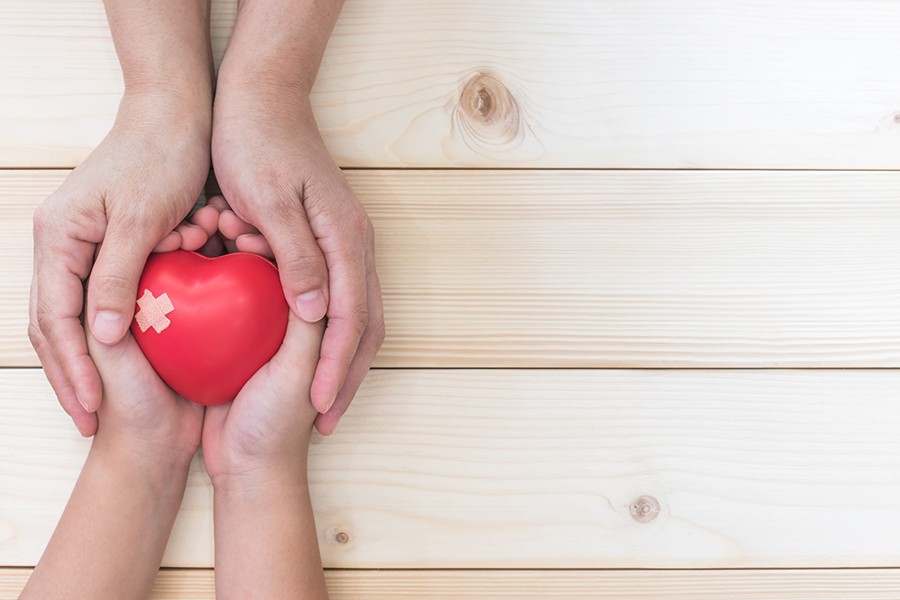 Children’s development can be badly affected if their social and emotional well-being is not adequately addressed, says Cefai. This gap in emotional learning allows for educational systems to be driven primarily by market economy needs. Rather than what kind of jobs people do, or what successful businesses need, as educators we need to ask: what kind of life would this child or young person be happy living? The market-driven approach is focused on performance, individualism and competition, with little time and space for collaboration, sharing, compassion, and solidarity. Sadly, this situation is seen all too often.
Children’s development can be badly affected if their social and emotional well-being is not adequately addressed, says Cefai. This gap in emotional learning allows for educational systems to be driven primarily by market economy needs. Rather than what kind of jobs people do, or what successful businesses need, as educators we need to ask: what kind of life would this child or young person be happy living? The market-driven approach is focused on performance, individualism and competition, with little time and space for collaboration, sharing, compassion, and solidarity. Sadly, this situation is seen all too often.
So, how do we fix this? How do we make SEE a priority? Cefai immediately runs off a list of to-do’s. ‘We need to give social and emotional education more space and time in our schools. We need to invest more in teachers, giving them better training, and supporting them in taking care of their own health and well-being,’ Cefai emphasises. ‘Only when teachers take care of themselves and their well-being can they really create healthy, caring classroom environments where people build healthy relationships. It’s only then that they can respond effectively to students’ needs and become good role models.’ We also need to put more effort into the early years, when the building blocks of mental health and well-being are laid. We need to encourage schools to take a more holistic approach, to give students a stronger voice, to encourage parents to take a more active, participative role in their children’s education.
Of course this is not all achieved at the snap of our fingers. Resistance is to be expected, nods Cefai. ‘In order for SEE to work, there needs to be good quality planning, implementation, monitoring, and evaluation. We know of state-of-the-art programmes which failed to make an impact as they were not implemented well, such as the Social and Emotional Aspects of Learning (SEAL) in the UK which was eventually withdrawn because of lack of effect.’ Looking into reports about SEAL, ‘a superficial approach to implementation (‘box ticking’)’ was one of the main reasons the program failed.
Cefai also says that we need to be careful at all stages to avoid hijacking agendas. ‘Social and emotional learning should always be centred on children and young people’s needs. Their own and others’ well-being. We need to ensure that SEE retains focus on the people it is meant to help, recognising individual differences, while avoiding labelling and pathologising children and young people. SEE is about mental health promotion and well-being and prevention, rather than on deficiencies, deficits, and illness. Another issue is not to let SEE be taken over by the neo-liberal ’business model’ to fuel the market and global economy, where social and emotional skills are simply used to leverage productivity.’ Despite all this, the case for SEE remains tremendously strong.
There are no losers here
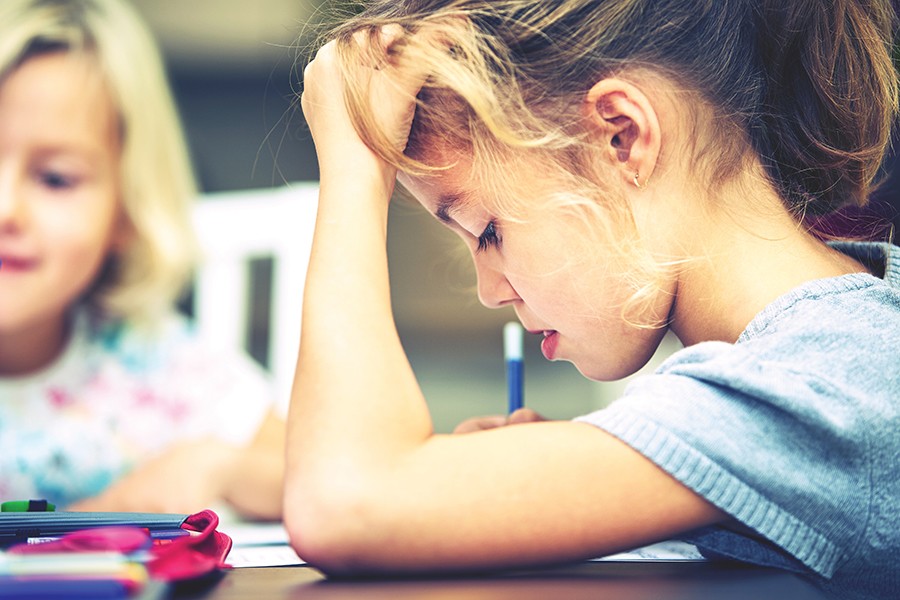 A success story in SEE implementation is a success story for everyone. Reams of evidence through studies can be found touting SEE’s praises. The approach enhances prosocial behaviour and mental health and well-being. It enhances academic achievement and prevents problem behaviours such as delinquency, anxiety, and depression. Such social issues cost taxpayers money to handle, mitigate, and fix. So much so, that the costs involved in setting up SEE are guaranteed to be not only returned, but exceeded. Some studies report that for every €1 invested, €11 will be returned to the economy in various shapes and forms.
A success story in SEE implementation is a success story for everyone. Reams of evidence through studies can be found touting SEE’s praises. The approach enhances prosocial behaviour and mental health and well-being. It enhances academic achievement and prevents problem behaviours such as delinquency, anxiety, and depression. Such social issues cost taxpayers money to handle, mitigate, and fix. So much so, that the costs involved in setting up SEE are guaranteed to be not only returned, but exceeded. Some studies report that for every €1 invested, €11 will be returned to the economy in various shapes and forms.
‘I have been involved in various SEE and resilience projects in schools both in Malta and abroad,’ says Cefai. ‘I have always been very encouraged by the interest, enthusiasm, and collaboration of students, school staff, and parents. Staff and parents have been resistant at times, thinking it will take precious time from academic learning, until they realise that our approach actually enhances it. They may think that SEE is about mental illness, until they they realise that is about health and well-being and learning all rolled into one. Children really like to learn in this way, finding it enjoyable, meaningful, and useful, while teachers reap the satisfaction of seeing their students excel, improving their own lives through their contribution.’
So much of our lives are determined by our beliefs and perceptions. Learning how to process events and information in an effective way can make all the difference in how sequences of events unravel. That violent knee-jerk reaction, that long-standing bitter belief about ‘how the world works’; in difficult times, these thoughts can lead anyone down a long, dark path that’s very difficult to come back from. Social and emotional education that teaches young ones to listen to themselves and respect their feelings, as well as those of others, could begin to change that.
In a world where we are bombarded by stimuli every waking moment, it is not hard to imagine that we need to take the time to look inward and listen—our children depend on it.
Prof. Cefai has recently published three major publications in this area: An EU commissioned report on the integration of social and emotional education in the curriculum, an edited book on the promotion of mental health in schools and another edited book on the child and adolescent well-being and prevention of school violence.
Read more:
Cefai, Carmel, and Paul Cooper. Mental Health Promotion in Schools: Cross-Cultural Narratives and Perspectives. Sense Publishers, 2017.
Cefai, C. et al (2018) Strengthening Social and Emotional Education across the Curriculum in the EU.Review of the international evidence. Luxembourg: Office of the European Commission.
Author: Cassi Camilleri

